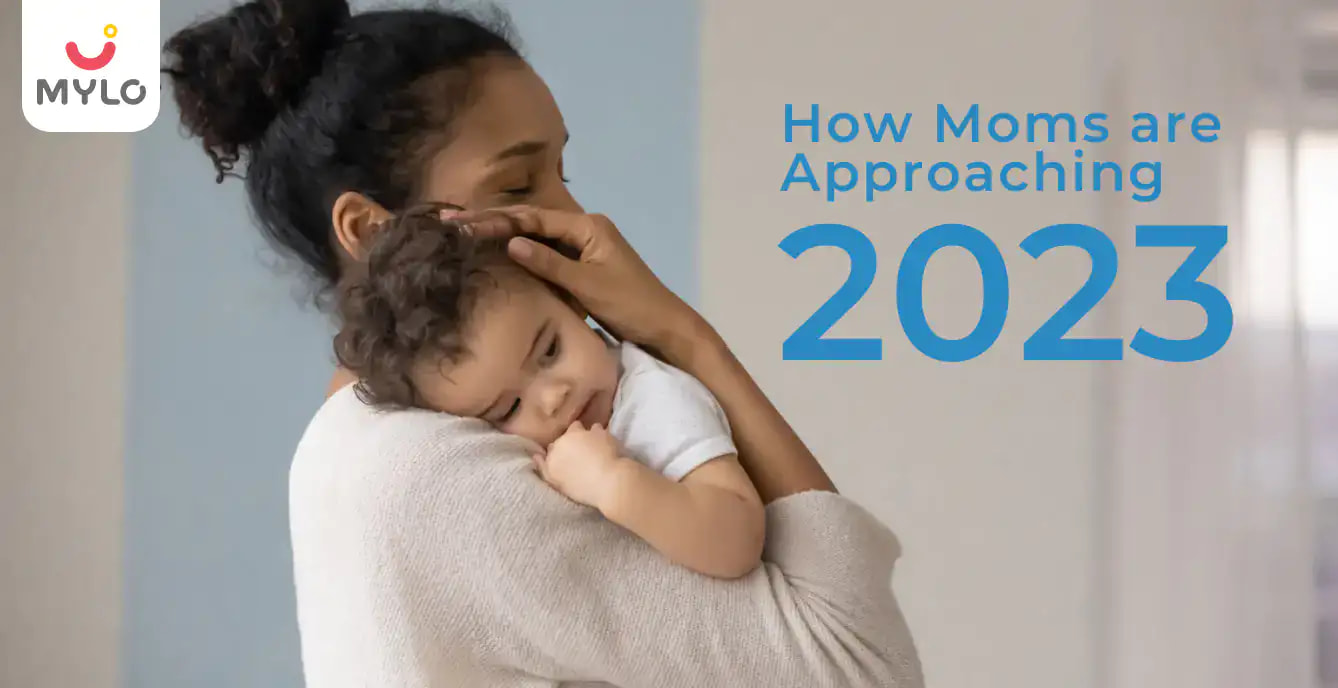Home

Indian Women Experience Perinatal Or Postpartum Depression
In this Article

Baby Care
Indian Women Experience Perinatal Or Postpartum Depression
Updated on 11 October 2022
Mylo, an e-commerce platform for expecting and new mothers recently conducted a survey around the awareness and prevalence of perinatal (during pregnancy) and postpartum (after delivery) depression amongst women in India and surveyed 2000 women pan India in their community to also understand the social support systems available to women going through mental health and well-being issues.
Nearly 50 per cent of the women surveyed in the poll confirmed feeling low, sad, and experiencing rapid mood swings with sporadic crying episodes, during or after their pregnancy. 38 per cent of moms said they felt stressed or anxious. Contrary to what may be perceived, of these only 6 per cent visited a doctor or a health professional for a consultation. Only 9 per cent of respondents said they never faced pregnancy-related stress or melancholy.
34 per cent of moms surveyed stated that they were clueless about why they felt such an abrupt change in emotions during possibly one of the happiest phases of their lives. Lack of sleep (18.5 per cent), followed by feeling pressure from those around them to continue with their household activities (12 per cent) are perceived to be the key stressors for such overhauling of emotions.
20 per cent of the women shared that the effects of postpartum depression persist for 6 months to more than a year. If not treated on time, it can lead to severe mental health conditions which puts affected new mothers at risk of harming themselves.
55 per cent of women say they were comfortable discussing these feelings with their partners, while 14 per cent find comfort in talking with friends. Nearly 20 per cent of the women said that they did not confide in anyone during their emotional upheaval.
To specifically understand what causes someone to close themselves off and not speak about their mental/emotional well-being, the survey also asked these women why they felt uncomfortable sharing their feelings. 40 per cent of them even believed that it was normal to experience these emotions and hence did not talk about it.
25 per cent believed that it was not worth it to talk about their mental health as they believed their negative/ unhappy emotions would eventually disappear on their own. Almost 20 per cent said that no one asked them about what they were going through and therefore did not know how to bring up the topic. 18 per cent said they did not want to bother others with their troubles, while 12 per cent felt that even if they described their issues, they were sure that others would not be available to help them.
Regarding awareness of pregnancy-related mental health issues, 34 per cent of respondents said that they themselves had never heard of it prior to taking the survey. There was a 50-50 split between women who felt their families were aware about the concepts of baby blues, perinatal and postpartum depression and those who were not.
30 per cent reported that no one amongst their family & friends had discussed their mental well-being with them assuming that they would be in a happy frame of mind. Only 10 per cent of women said that their doctors had informed them about possible mood changes related to pregnancy and had offered advice.
Reflecting on the survey data, Shaveta Gupta, Head of Content & Community, Mylo, said, “While many women across the country are familiar with the concept of mood changes that may come with pregnancy, it is troubling that a large section of them are still uncomfortable discussing this with anyone. This survey has revealed that there is more that needs to be done to educate broader society about perinatal and maternal mental health in order to destigmatise it and provide new and expecting mothers with adequate support systems during times of difficulty.



Written by
Mylo Announcements
Get baby's diet chart, and growth tips

Related Articles
Related Topics
RECENTLY PUBLISHED ARTICLES
our most recent articles
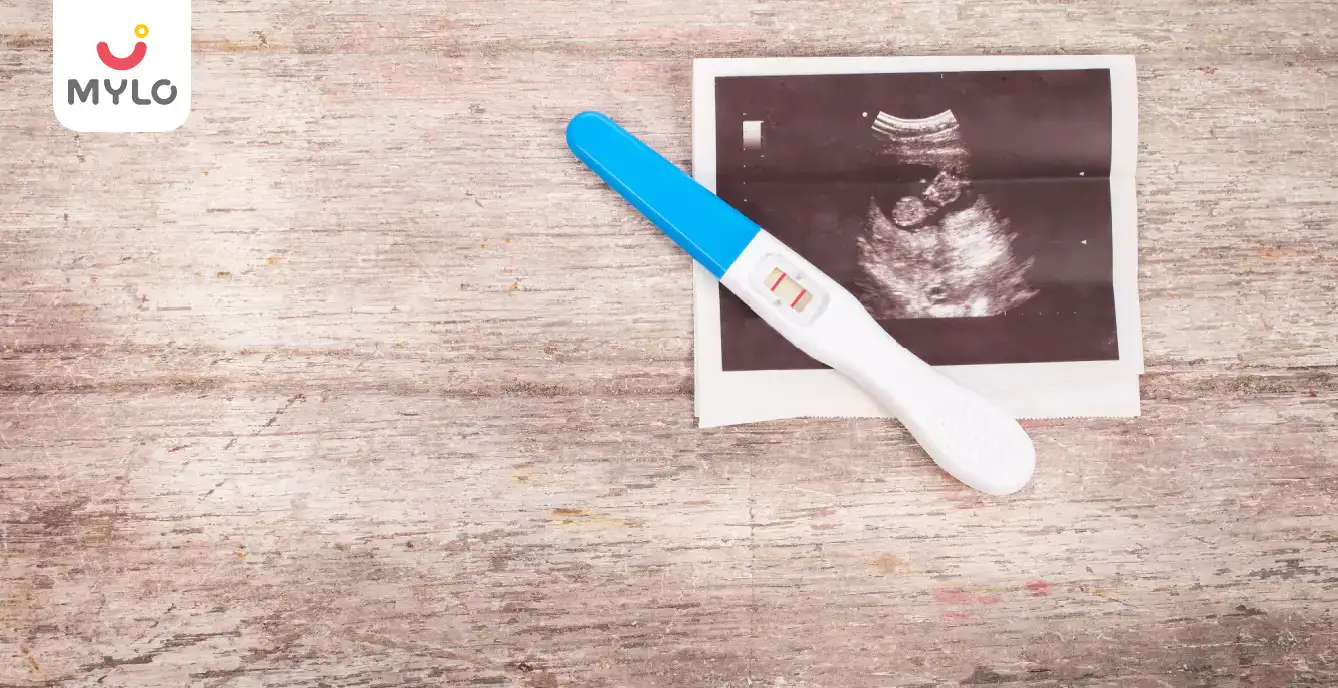
Pregnancy
Reasons for epithelial cells in urine

Gossip & Timepass
How Sara Ali Khan handled PCOD and became an inspiration for many?
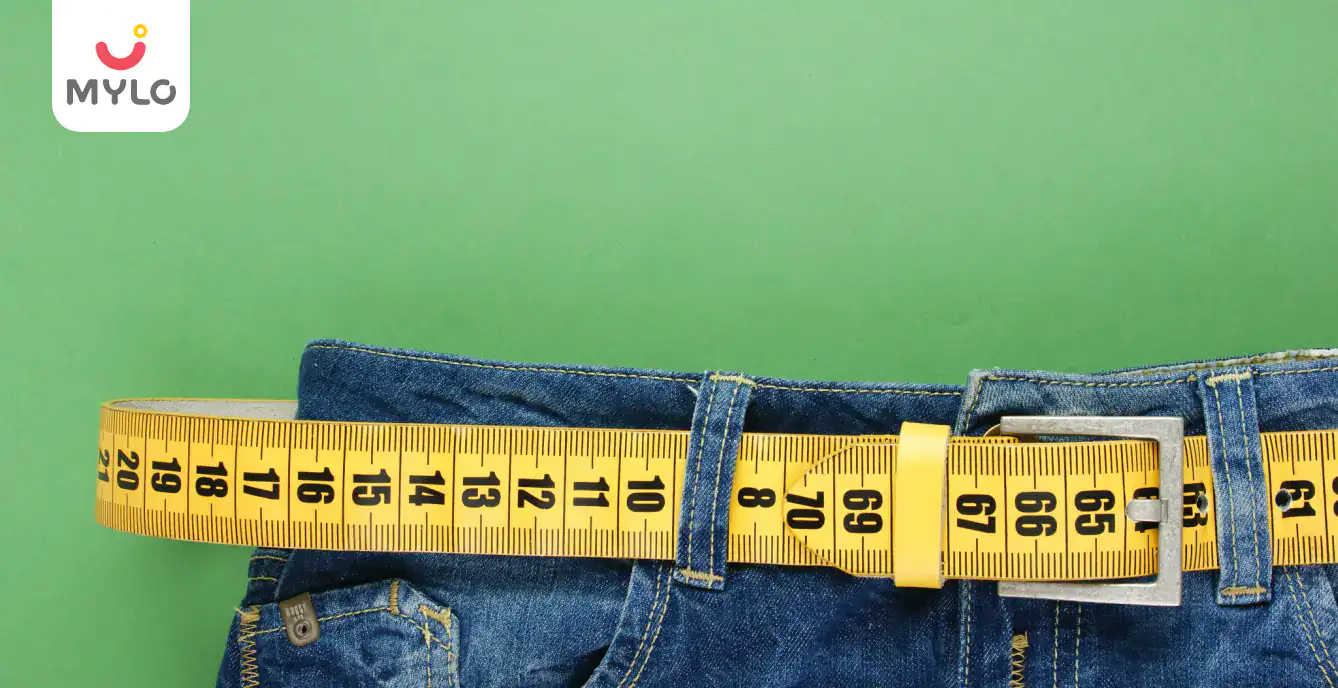
Gossip & Timepass
Inspirational celeb story: How Alia Bhatt lost her extra kilos?
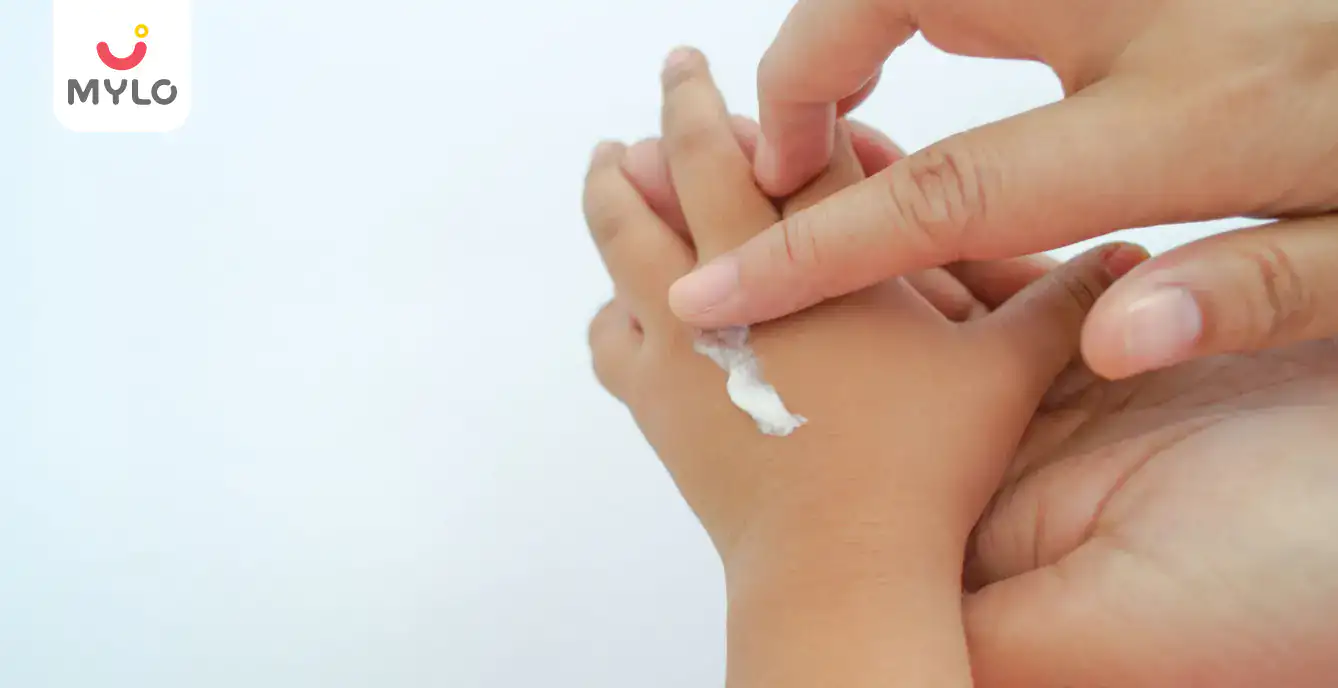
Safety & Care
How to treat burns in toddlers

Negative Brand Discussions
What does Quickening mean and when does a pregnant woman start experiencing it?
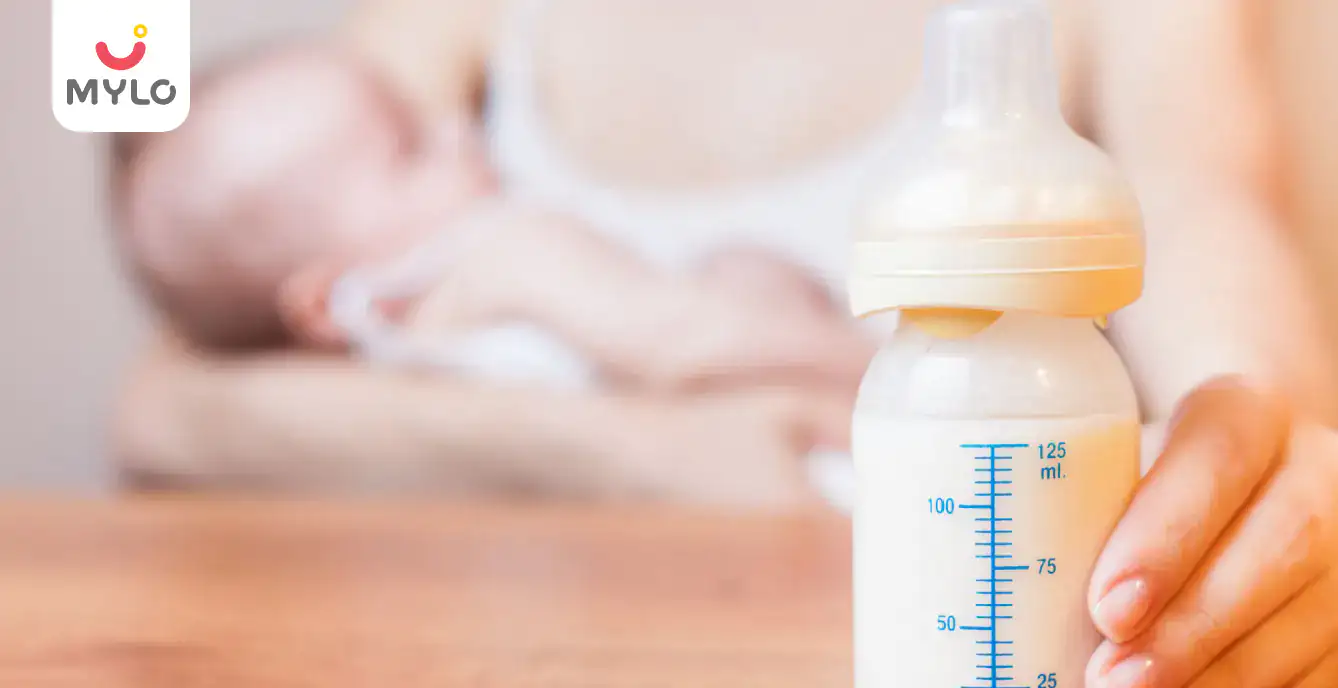
Breast Milk
From Leh to Delhi: Mom’s milk for her baby from 1,000km away
- footnote test title
- footnote test title
- footnote test title
- footnote test title
- footnote test title
- footnote test title
- Can stress affect your baby
- How I conceived my Miracle Baby: The incredible journey of a woman from infertility to motherhood
- Mylo ties up with celebrity mom Amrita Rao for its baby care products
- What causes clumsiness during pregnancy and what can you do about it?
- Is is Safe to Use Reusable Nursing Pads during Pregnancy?
- 6 most effective home remedies which help to relieve gas in babies
- Mylo ties up with celebrity mom Amrita Rao for its baby care products
- Sex during the third trimester: Keep these things in mind


AWARDS AND RECOGNITION

Mylo wins Forbes D2C Disruptor award

Mylo wins The Economic Times Promising Brands 2022
AS SEEN IN

- Mylo Care: Effective and science-backed personal care and wellness solutions for a joyful you.
- Mylo Baby: Science-backed, gentle and effective personal care & hygiene range for your little one.
- Mylo Community: Trusted and empathetic community of 10mn+ parents and experts.
Product Categories
baby carrier | baby soap | baby wipes | stretch marks cream | baby cream | baby shampoo | baby massage oil | baby hair oil | stretch marks oil | baby body wash | baby powder | baby lotion | diaper rash cream | newborn diapers | teether | baby kajal | baby diapers | cloth diapers | laundry detergent 6472 | lactomama lactation granules |






